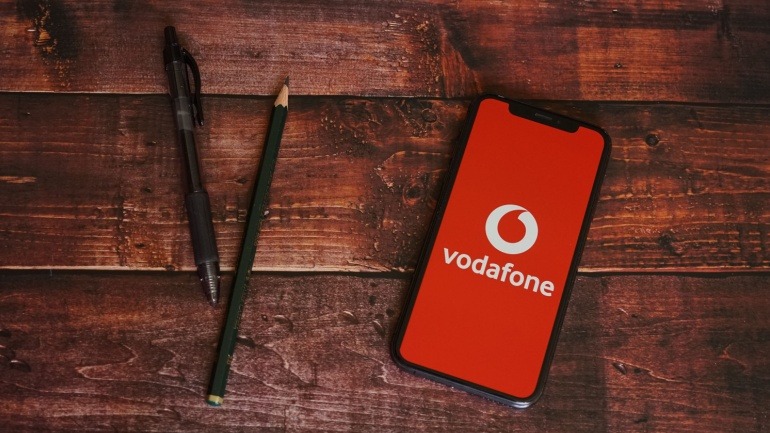FCC Allows SpaceX to Upgrade Starlink Satellites, Dismisses Interference Concerns
The FCC has granted SpaceX permission to gradually replace its aging first-generation Starlink satellites with advanced second-generation models, which feature improved beam-forming and digital processing capabilities. SpaceX plans to replace satellites nearing the end of their five-year lifespan to enhance broadband services. Despite concerns from Dish Network about potential interference, the FCC dismissed these objections. Additionally, SpaceX is developing direct-to-cell (DTC) satellites, allowing smartphone access without Starlink terminals, though commercial use awaits FCC approval amid concerns from AT&T and Verizon. The timeline for the complete satellite upgrade remains unclear.
Fixed Wireless Broadband Usage Nearly Doubles in Australia Despite Quality Gap
The number of Australians using fixed wireless access (FWA) for home broadband nearly doubled over two years, reaching 510,000 by the end of 2023, according to the Australian Competition and Consumer Commission. While FWA’s data usage grew significantly, narrowing the gap with high-speed NBN services, its performance still lags behind fiber broadband. A report by Opensignal highlights that fiber users experience better quality and consistent performance, especially in video streaming and during peak times. Despite these drawbacks, many Australians continue to opt for FWA over fiber or other fixed broadband technologies.
Hiya Reports Surge in Global Phone Spam and AI Voice-Cloning Scams in H1 2024
Hiya’s H1 2024 Global Call Threat Report revealed nearly 20 billion suspected spam calls in the first half of the year, with 20% of unknown calls flagged as spam in 25 of 42 surveyed countries. AI deepfake voice scams are increasing, including robocalls impersonating Joe Biden. Americans received an average of 14 spam calls per month, while Brazilians topped the list with 26. Medicare and insurance scams targeted Americans, while France, Spain, and the UK faced utility, tax, and Amazon scams. The report emphasizes the need to integrate voice security into broader cybersecurity strategies.
UK Regulator Ends App Store Probes as New Law Grants Stronger Powers
The UK Competition and Markets Authority (CMA) has halted investigations into Apple and Google’s app store practices ahead of the upcoming Digital Markets, Competition and Consumers (DMCC) Act. This new law, similar to the EU’s Digital Markets Act, will give the CMA greater authority to regulate tech giants designated with “strategic market status” (SMS). These companies, including Google and Apple, will face stricter rules and potential fines if found to limit competition or consumer choice. The CMA plans to resume its scrutiny under the DMCC’s expanded powers once the law takes effect in autumn.







